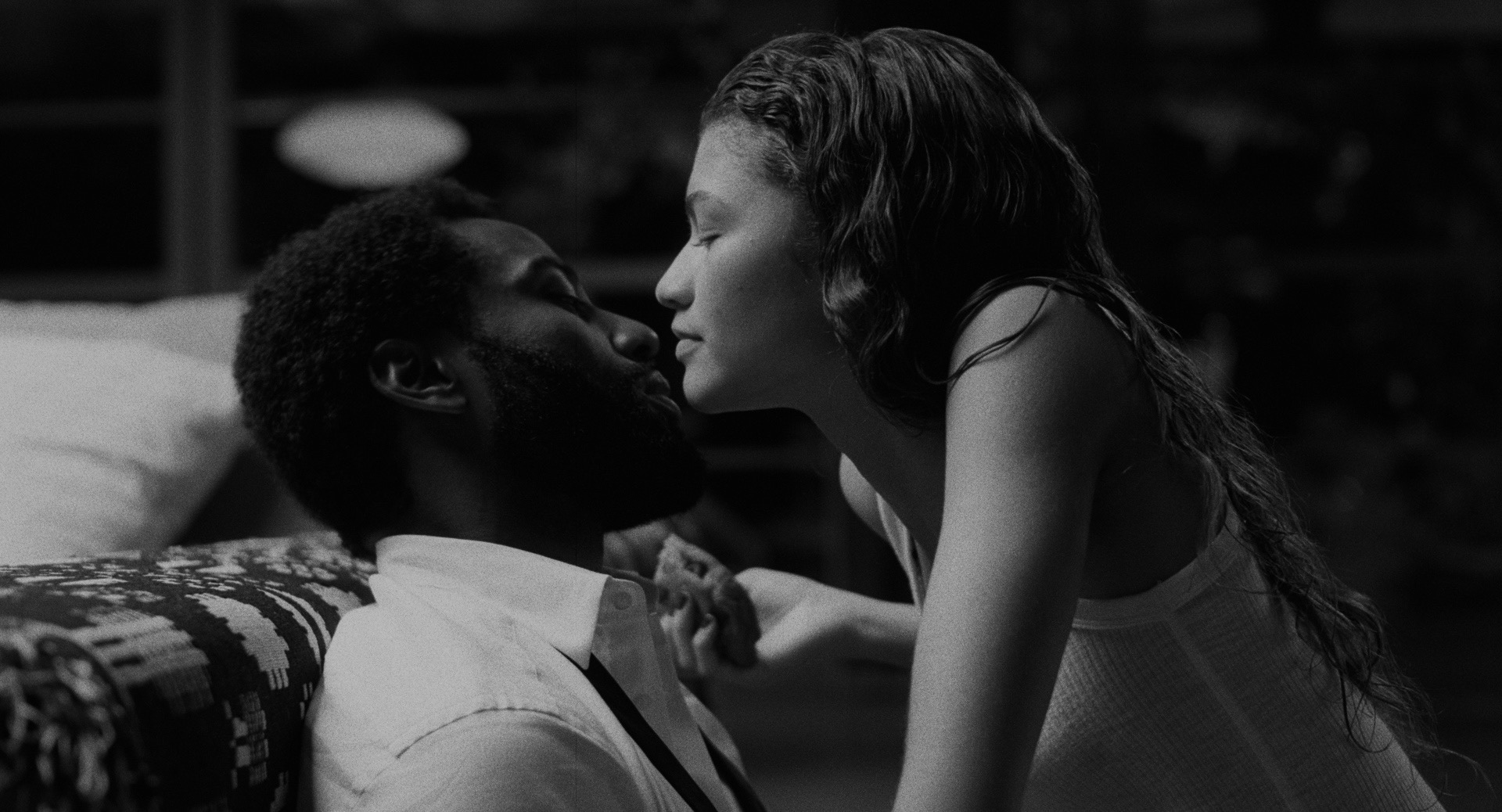William Shakespeare wrote “King Lear” during a plague. “Frankenstein” and “Pride and Prejudice” both were written in extreme isolation. With film production facing many barriers during the COVID-19 lockdown, creators have had to adapt to the circumstances. Some works created under harsh circumstances became what defined the era. Netflix’s February release is not one of those works.

Sam Levinson, creator of the popular HBO series “Euphoria,” wrote and directed “Malcolm & Marie,” which was shot during the nationwide lockdown. “Malcolm & Marie” stars only two actors: John David Washington (“BlacKkKlansman,” “Tenet”) and Zendaya (“The Greatest Showman,” the “Spider-Man” movies). The film takes place over one night showing a series of arguments between a couple returning from a movie premiere.
Shot in black and white, the film looks like an extended Calvin Klein ad. The direction stays smooth and sexy throughout and is easily the most enticing aspect of the movie. Zendaya and Washington are probably the best two actors for these roles. It is not until Malcolm and Marie begin bickering when the fun ends.
What starts as a recognizable quarrel between a couple that might just be too tired, turns into an insane spat that begs the question how could these two be in a relationship for so long?
To put it simply, the movie kicks it up to ten about 15 minutes in and is excruciating to listen to. Malcolm, a cocky artist cannot let go of his ego for one second, and Marie digs under his skin by feeding him the truth about himself. She says she just wants to go to bed, but then the night just drags on. Malcolm shouts, threatens and gaslights his way through the night, while Marie, the far more complex character, elongates the night by responding to his episodes.
The two actors deliver searing monologues at each other, pick at each others’ varying insecurities and pasts and wonder aloud why they are in the relationship in the first place. This all happens within the first 40 minutes, with more than an hour to go in the movie. It does not change. The back-and-forth of creative insults (it is impossible to believe anyone speaks the way they do) gets old quick, and the harshness leaves the words dull and pointless by the end.
Another ugly layer of this film is the fact that Levinson, white son of white filmmaker Barry Levinson, has the two characters (more so Malcolm, naturally) extensively discuss race. The words that Malcolm say that downplay the role of race in filmmaking and Black creators’ works seem to be words of Sam’s own frustration, as Malcolm’s reasoning never makes sense. While it is one thing as a white director to build a film with only Black performers, it is another to discuss the authenticity of the work of artists of color, and another to use their mouths to critique.
Netflix markets this movie as “intimate” and “emotional,” but it is far from either of those two adjectives. It is a cold, distant look at an abusive relationship that, like the film, continues for far too long to have any redeemable qualities. Unless this is some sort of experiment, “Malcolm & Marie” is nothing but an excruciating test of patience.

